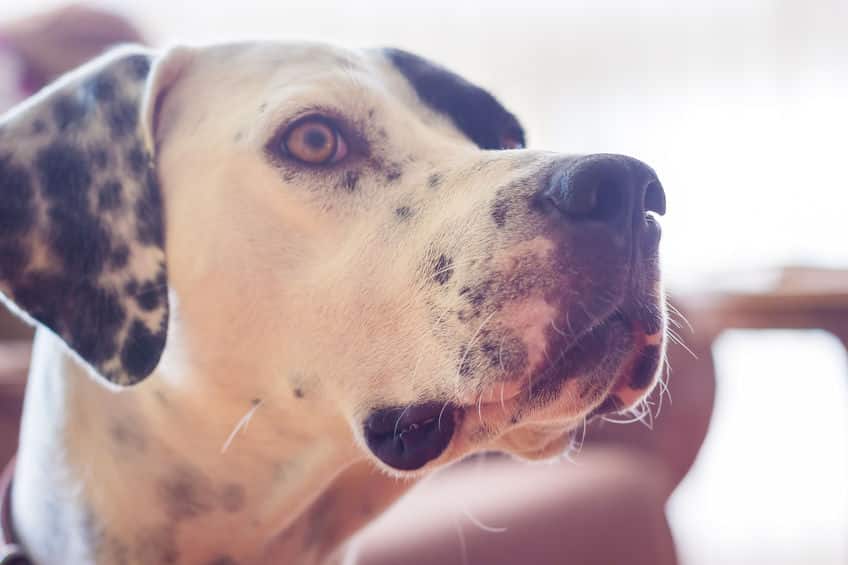By Sean Zucker –
If you can’t teach a dog new tricks, then maybe it’s best to teach a machine some dog tricks. At least, that’s what researchers at Massachusetts Institute of Technology (MIT) would have you believe. The institute’s recent findings suggest it is possible for modern technology to mimic the detection abilities of a dog’s nose—along with its potential to identify deadly diseases.
A dog’s nose is incredibly strong. Its sense of smell is estimated to be between 10,000 to 100,000 stronger than a human. This has made our cuddly companions exceedingly helpful in detecting a flurry of diseases. Lung, breast, ovarian, bladder and prostate cancers have all previously been discovered to varying degrees by a canine’s sniff. Dogs have even begun to show promise as a leader in sussing out Covid-19 carriers.
But it takes time to train dogs and their availability and time is limited. That’s where MIT’s new tech comes in. A new MIT system can identify the chemical and microbial content of an air sample, possibly with greater sensitivity than a dog’s nose.
“Dogs, for now 15 years or so, have been shown to be the earliest, most accurate disease detectors for anything that we’ve ever tried,” reports MIT Research Scientist Andreas Mershin.
“So far, many different types of cancer have been detected earlier by dogs than any other technology.”
It’s a skillset that has long puzzled researchers, as many of these diseases do not carry unique scents. Yet dogs are able to generalize and recognize them all the same.
Mershin explained that dogs, nonetheless, can identify “cancers that don’t have any identical biomolecular signatures in common, nothing in the odorants… if you analyze the samples from, let’s say, skin cancer and bladder cancer and breast cancer and lung cancer—all things that the dog has been shown to be able to detect—they have nothing in common.”
The MIT research team have begun to tap into some of that potential, developing a machine-learning process that can recognize distinctive characteristics of some disease-bearing samples. The researchers created a miniaturized detector system that incorporates mammalian olfactory receptors stabilized to act as sensors, whose data streams can be handled in real-time by a typical smartphone’s capabilities.
Mershin claims the tiny detection device is 200 times more sensitive than a dog’s nose towards sniffing out tiny traces of different molecules. While this tool isn’t recognized as groundbreaking, its accompanying machine learning system might be. The team notes that strong scent detecting tech typically fails in terms of interpreting those molecules. However, the machine learning allows the tech to find the elusive patterns that dogs can infer from the scent, but humans haven’t been able to grasp from a chemical analysis.
“The dogs don’t know any chemistry,” Mershin said. “They don’t see a list of molecules appear in their head. When you smell a cup of coffee, you don’t see a list of names and concentrations, you feel an integrated sensation. That sensation of scent character is what the dogs can mine.”
Mershin predicts a future where every phone will have a scent detector stock attached in the way cameras are now. In this idyllic scenario, every phone would be equipped with detectors featuring advanced algorithms developed through MIT’s machine learning system, theoretically able to discover early signs of disease far sooner than typical screening regimes. The technology also has the potential to go beyond disease, possibly operating as a warning system for smoke or gas leaks, he added.
Dog lovers need not despair with the onslaught of this canine-mimicking technology. Sure, the MIT researchers may be able to replace disease-sniffing dogs and maybe even some of their K-9 guard companions. But they still haven’t created robo dogs to replace our furry friends in terms of loving licks, friendly greetings and couch-sharing snuggles.













